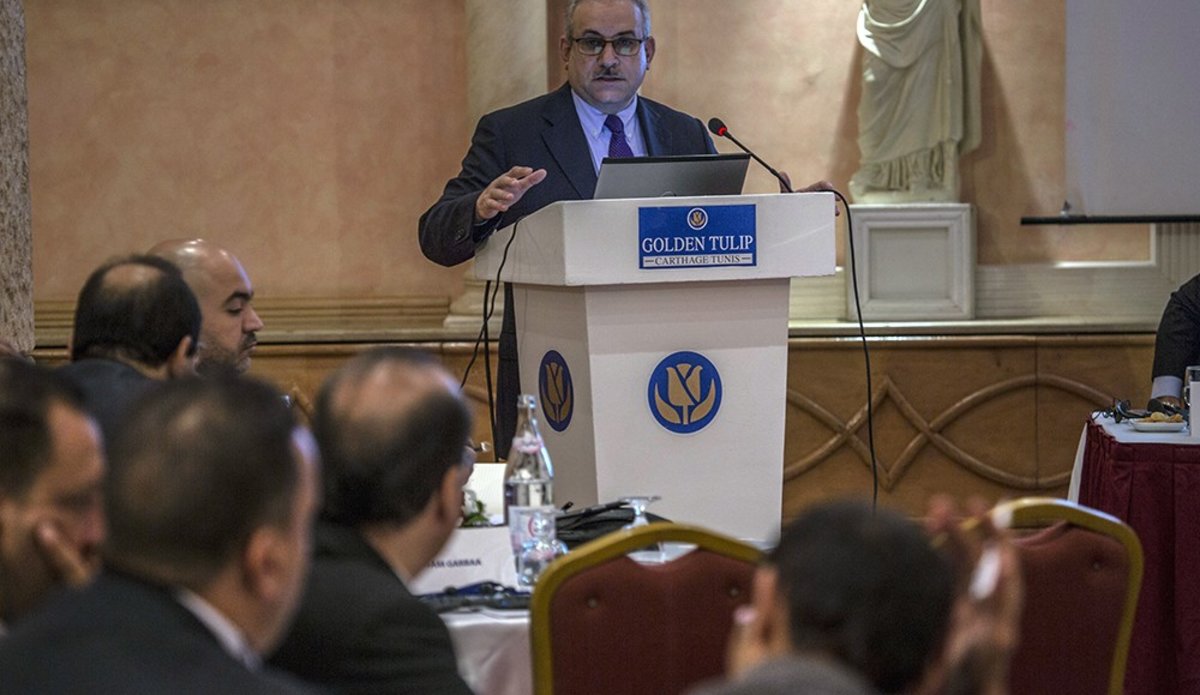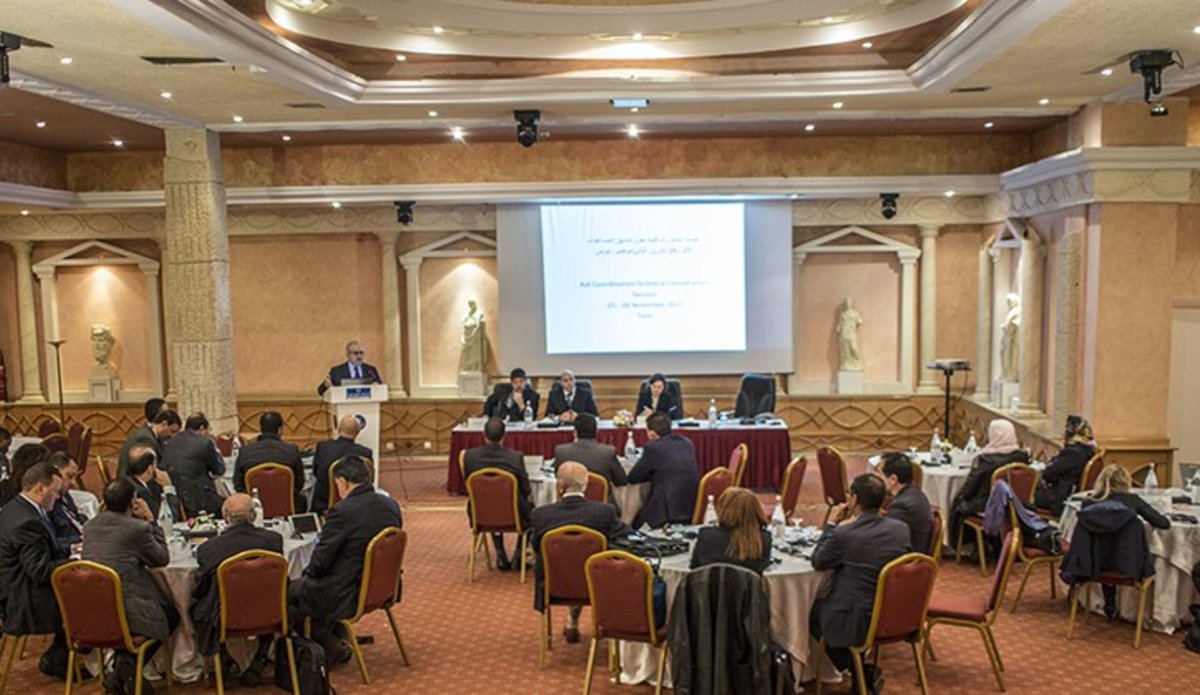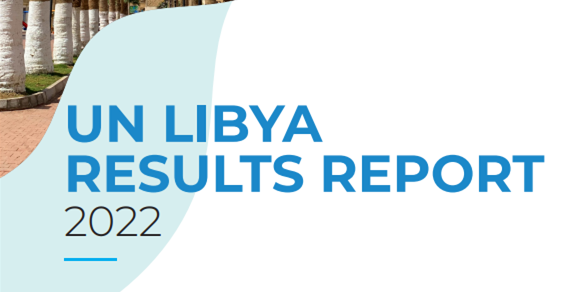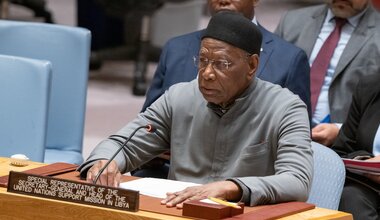Technical Civil Servants from Across Libya Seek to Develop Aid Coordination and Delivery Mechanism
Tunis, 26 November 2015 - A UN-organized meeting of Libyan specialists involved in aid coordination in key national institutions from across Libya convened in Tunis on 25-26 November 2015 with a view to improve aid coordination and delivery mechanism as well as provide a solid plan for humanitarian and development assistance to the future Government of National Accord.
The two-day Aid Coordination Technical Consultation Session was fully supported by the United Nations Support Mission in Libya (UNSMIL), United Nations Development Programme (UNDP) and the UN Country Team. It brought together Libyan specialists in aid coordination from key government ministries, invited in their technical capacity, to produce a status update on the challenges of aid management, review the lessons learned for the 2011-2014 period as well as set recommendations for improving aid coordination and the mechanisms required.
The meeting discussed a proposed Aid Coordination Structure for the international assistance to the future GNA, as an outcome of the October meeting held in London which focused on support to the GNA. The recommendations will feed into the preliminary assessment of a number of core government functions that is being conducted by UNDP and will potentially assist the GNA and the international community's efforts to streamline aid provision and coordination.
The participants came from across Libya, ensuring a balanced representation of the challenges, capacities and needs. It is expected that their active participation, together with the contribution of the representatives of the international community who have worked since August 2015 to design a proposed mechanism for international assistance to the GNA, will ensure obtaining the qualitative outcomes needed for a grounded discussion with the GNA, once in office.
“It is essential that a meeting of minds takes place between the Libyans and the international community over the question of aid coordination,” said Deputy Special Representative of the Secretary-General for Libya, Ali Al-Za’tari. “Coordination helps put resources where they make the greatest positive impact.”
He stressed the significance of closer coordination in this critical phase. “It is important that the meeting underscores the transition from peacemaking to state building, and urgent humanitarian concerns. Coordination in this cycle is a paramount necessity,” the DSRSG said.
Libya participants in the session emphasized the importance of coordination.
Ismail Abumeniar, a technical advisor from the government in al-Baida, said the future government will need quick help from experts. "One thing that would help would be to bring technical staff from both governments to discuss humanitarian aid issues more and help building the capacity of the new government,” he said.
Sara Naihum, researcher at the Coordination Office of the Planning Ministry in Tripoli, said:
“There must be a body in place for coordination at the State level. That body would be non-politicized and is drawn from the ministries themselves and interacts with foreign organizations.”
 United Nations Peacekeeping
United Nations Peacekeeping UN
UN











